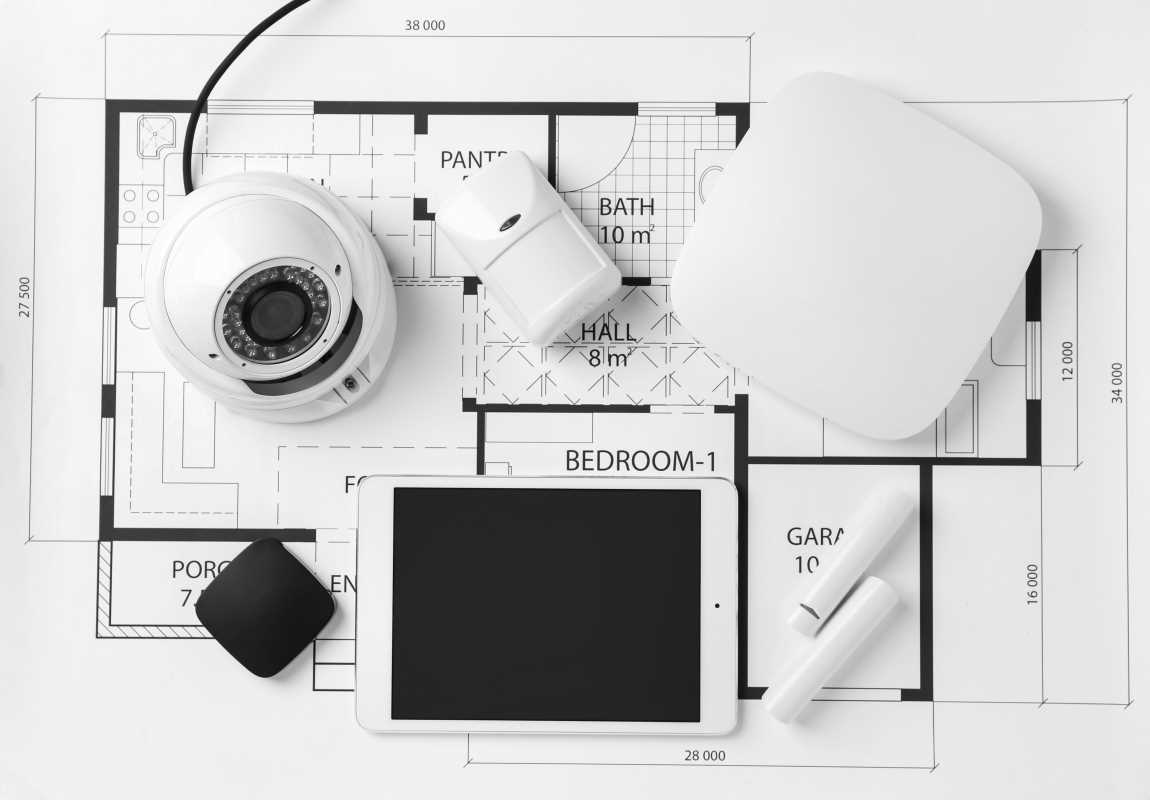Stepping into the gig world can be exciting. Flexibility, quick payouts, and a variety of projects might sound like the perfect recipe for a balanced life. Yet things can get complicated when there’s no fixed schedule or guaranteed paycheck. Figuring out how to manage work demands without sacrificing personal time is the real challenge. It’s easy to slip into a cycle of overwork, unpredictability, and burnout if you’re not careful. The good news is there are some easy-to-apply tips for handling gig-based roles without letting them take over your life.
Understanding the Challenges of Gig Work
A major issue is that gigs often come in waves. One week might be calm, but the next could feel overwhelming. This inconsistency can fuel stress, especially when you’re trying to juggle multiple clients at once. It’s not always about the work itself—coordinating deadlines, staying on top of emails, and dealing with different client expectations can drive anyone up the wall.
Another hurdle involves finances. Traditional nine-to-five jobs might come with steady pay and benefits, but gig workers have to manage irregular income and handle taxes or insurance on their own. This setup can be liberating or draining, depending on how prepared you are. Setting aside money for taxes and emergencies might not be the first thing on your mind when new gigs arrive, yet it’s crucial to stay afloat in the long run.
There’s also the element of isolation. Conventional workplaces provide structure and a ready-made community of coworkers. Gig workers often miss out on that environment, which can lead to loneliness if you spend too much time solo at your computer or car. Sometimes, you just need a break or a chat with someone who gets what you’re going through.
Setting Clear Boundaries
It can be tempting to accept every job you come across. Taking on too much, though, will eventually catch up with you. Setting boundaries helps you protect personal time so you can rest, socialize, or explore hobbies without feeling like you’re shirking work responsibilities.
Here are a few ways to make those boundaries stick:
- Define “Work Hours”: Even if you’re free to choose when you work, having a consistent schedule helps you stay disciplined. You could let clients know you respond to messages between certain hours only.
- Designate a Workspace: A separate room or a corner of your home signals to your mind (and others around you) that you’re in work mode.
- Say “No” Sometimes: If your to-do list is packed, adding more tasks will only lead to exhaustion. It’s okay to decline a project now and then.
- Disconnect: Turn off notifications or step away from your phone for a short period each day. Consistently being “on” isn’t healthy in the long run.
Maintaining these sorts of boundaries ensures you don’t wake up feeling buried in work you never intended to take on.
Time Management Hacks
Gigs can pop up at any time, so knowing how to handle your day makes a huge difference. One trick is to use time-blocking, where you dedicate certain chunks of the day to specific tasks and break down bigger assignments into smaller steps. This approach works well if you’re easily distracted because it gives you a clear roadmap for each block of time.
Calendar apps or even a plain old notebook can be your best friend. Jotting down deadlines and tasks keeps everything in one place. You can also figure out when you do your best work—some people feel sharpest in the early morning, while others are more productive in the late evening. Match your biggest tasks to your most alert hours.
Building a Support Network
Going solo doesn’t mean you have to be lonely. Finding people who are in the same boat might offer a ton of encouragement and fresh perspectives.
- Online Groups: Check out forums and social media groups dedicated to rideshare drivers, freelance writers, or designers. Sharing stories, seeking advice, and celebrating wins keeps you connected.
- Co-Working Spaces: Renting a desk (even for a day) can lead to meeting others who understand gig work challenges. This environment may improve your focus compared to working from your couch.
- Meetups and Conferences: In-person events can be an opportunity to meet folks in your field. Chatting face-to-face often leads to stronger professional relationships than a quick online exchange.
- Friends and Family: Even if they’re not in your line of work, keeping friends and family updated lets them see where you’re coming from. They might offer helpful suggestions or at least a listening ear.
Feeling part of a community helps combat burnout and might lead to collaborations you never even considered.
Financial Planning for Less Stress
Money issues are tough to escape if you’re relying on gigs to pay the bills. One moment you’re up, and the next you’re panicking about covering rent. That’s why budgeting is essential. Tracking all expenses and setting aside a portion for taxes prevents headaches later on. Online tools can simplify the process, offering visual insights into where your money goes each month.
Building an emergency fund, even if it’s only a little at a time, provides a buffer on those slower weeks. Instead of racing to pick up any gig available, you can be more selective and avoid burnout. Learning some basic cost-cutting measures also helps. For instance, DIY projects can help reduce costs when setting up a new home. The same attitude—looking for creative and low-cost solutions—translates well to everything else in life.
Staying disciplined about finances gives you the freedom to step back when you need time off. It’s easier to create a healthy balance if you know your bills are covered.
Balancing gig work and personal life shouldn’t feel impossible. Small changes in how you manage time, communicate with others, and handle your money all add up. There’s no need to be stuck in an endless hustle if you’re willing to look for solutions and set some guidelines.
A balanced lifestyle isn’t just about feeling good on your off days. It’s also about getting enjoyment and fulfillment out of the jobs you choose to take on. When you maintain boundaries, plan your schedule wisely, stay connected with a supportive network, and keep your finances in check, you set yourself up for a smoother ride in the gig economy. All it takes is a few tweaks to ensure work stays in its lane and real life has room to thrive.
 (Image via
(Image via





